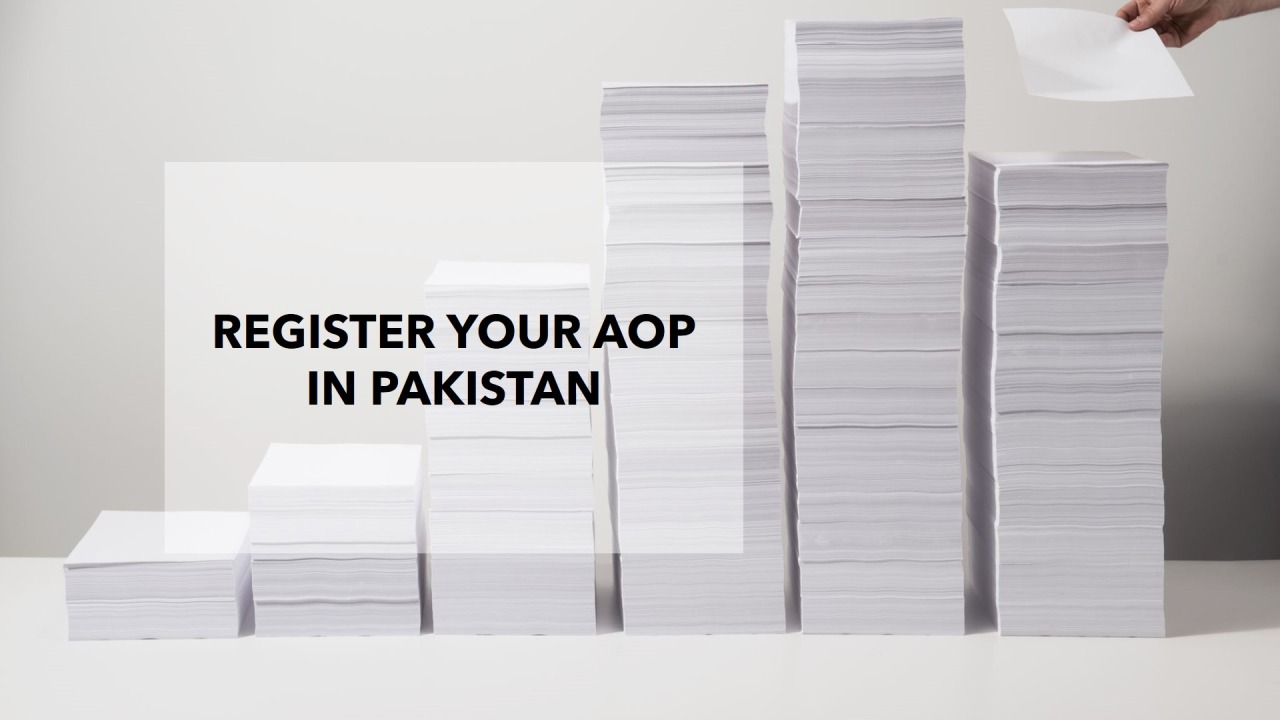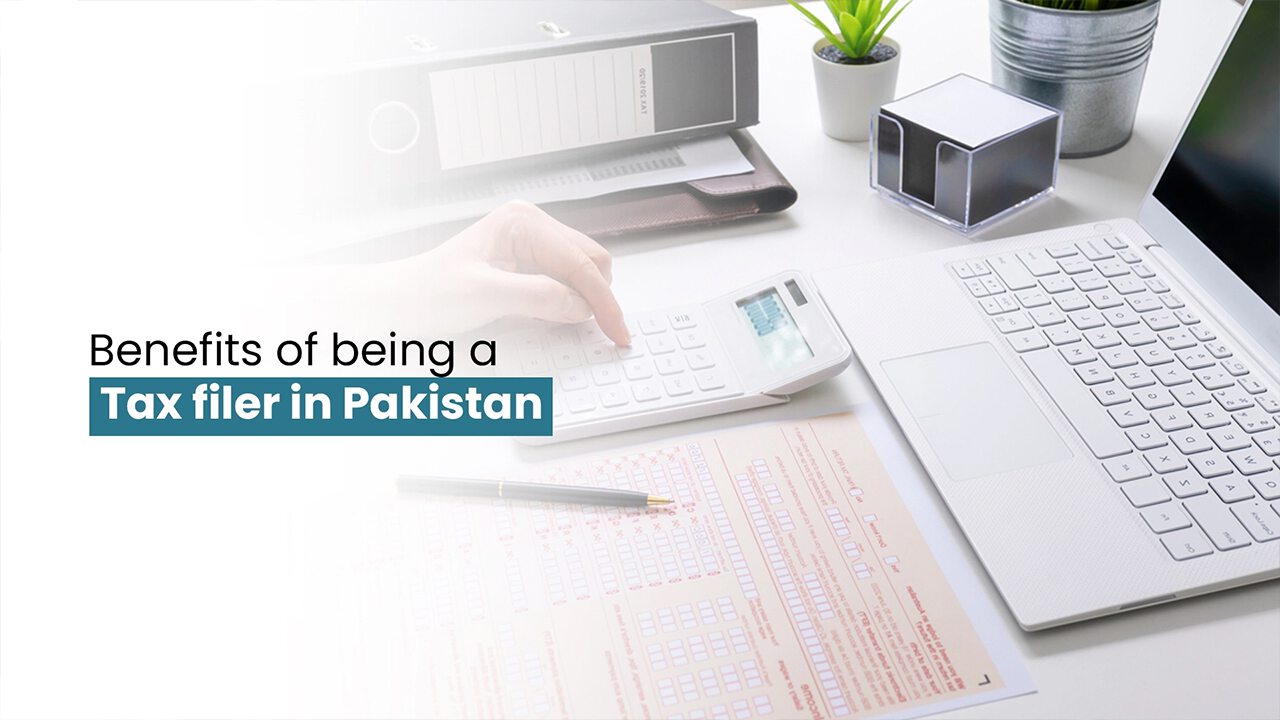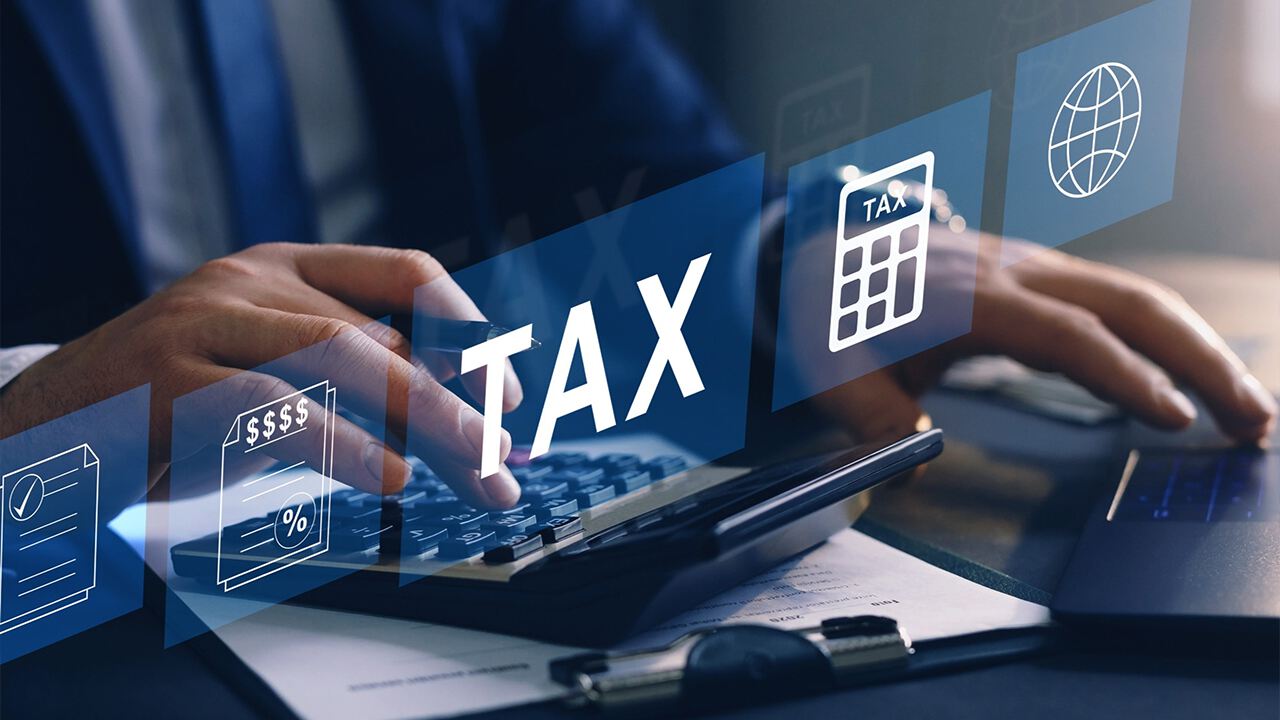A person or entity who is legally obligated to file a tax return with the FBR is identified as a tax filer in Pakistan. This group, which can comprise individuals, firms, and other formations, plays a crucial role in the country’s financial system, which is governed by tax laws specified in the Constitution of Pakistan. The fundamental responsibility of a tax filer is to estimate gross income generated by their firm or organisation and then determine the tax liability as per the criteria laid down by the FBR.
Some of the legal rights linked to tax compliance by Pakistani individuals are as follows: the filing of tax returns, getting registered with the FBR, acquiring TIN and filing tax returns periodically. These responsibilities, while they may seem burdensome, also bring significant benefits. They are a primary necessity in today’s society, crucial to staying compliant as well as keeping up with the tax laws and rules of a given country. They contribute to making the financial world seamless and transparent for everyone, a positive impact that cannot be overstated.

Which Documents Are Needed in Pakistan to Become a Tax Filer?
For Individual Taxpayer Registration
You have to visit any Tax House Facilitation Counter and bring personally:
- The original CNIC
- Own a cell phone with an active SIM registered with your own CNIC.
- Personal e-mail address.
- Certified copy of any other document indicating ownership or maintenance of a personal bank account in your name.
- If relevant, original proof of tenancy or ownership of business premises.
- Original paid utility bill showing business premise, not more than three months if relevant.
For Registration of AOP (Association of Persons)
Any one of the members or partners should visit any Tax House Facilitation Counter with the following:
- Copy of partnership deed (for firms) or copy of the registration certificate obtained from the registrar of firms (for firms).
- CNICs of all members/partners.
- AOP letter signed on letterhead and countersigned by all members/partners, passing a resolution to nominate one member/partner for Income/Sales Tax Registration.
- Cell phones with a SIM registered in their own CNIC but not registered with FBR.
- E-mail address of the AOP.
- AOP-signed certificate attesting to the upkeep of the bank account.
- Any proof of occupancy or ownership of business premises, where applicable.
If applicable: copy of the original paid utility bill for business premises not dated more than 3 months prior to the application.
For Company Registration
The principal officer must go to any Tax House Facilitation Counter with the following documents:
- Memorandum and the company’s articles of association.
- CNICs of all directors.
- The letter, which confirms the primary officer’s appointment and requests income tax or sales tax registration, is a certified true copy on the company letterhead, signed by all of the directors.
- Mobile phones have a SIM which is registered with their own CNIC but not with FBR.
- E-mail address of the company.
- A certified copy of the certificate indicating that the company has maintained the account.
- Original documents of tenancy or ownership of business premises, if any.
- Valid original paid utility bill for business premises within the last three months if applicable.
How to Become a Tax Filer in Pakistan?
For both companies and individuals in Pakistan, filing taxes is a small but important activity. This is a thorough how-to:
- Confirm Your Qualifications: Check whether you meet Pakistan’s tax resident test, which applies to both individuals and corporate entities with taxable income in the country.
- Go to the FBR webpage: Access the FBR website and tab on the ‘Online Services’ page. Press “Filer Status Inquiry.“
- Type in your NTN: You are required to provide your unique NTN for each person whose data you are uploading. If you don’t have one, get one at the nearest Regional Transport Office, or RTO, as it is commonly known.
- Verify Your Filer Status: After you submit your NTN, the FBR website will display your current status as a filer, non-filer, or provisional filer.
- Register for Sales Tax (if applicable): If the business of your firm is related to the selling of goods or services, apply for sales tax registration at the one stop portal of FBR.
- Keep Correct Records: Income statements, expense records, and other financial transactions are essential in preparing tax returns.
- File Your Tax Returns: Every individual is expected to file their income tax return by at least the end of September. They are expected to be submitted by the end of the fiscal year, which for most organisations corresponds to December 31.
- Pay Overdue Taxes: It is advisable to pay any unpaid taxes without delay to avoid the law’s ire.
- Seek Professional Assistance (if needed): Anyone who feels that filing taxes is a complicated process should consider consulting a tax attorney or an accountant.
By taking these actions, you can make sure that Pakistani tax laws are followed, which will help both individuals and businesses run smoothly.
Benefits of Become a Filer in Pakistan
- Ensure Your in Compliance: Comply with Pakistan’s tax rules to fulfil your legal duties and stay out of trouble for not filing your taxes, which can result in penalties, fines, and other legal ramifications.
- Financial Services Access: Many banks and financial institutions require tax filing to create an account or use specific services. Resolving tax debt can raise your credit score and facilitate loan approval and other financial transactions.
- Become Eligible for Govt. Contracts: This is advantageous for business owners since tax filers are qualified for government tenders and contracts. This category also provides access to tax credits and government subsidies.
- Boost Loan Eligibility: Filing taxes and having proof of income increases the likelihood of being given credit and loans by banks.
- Boost Credibility: Paying your taxes helps you establish essential business connections and fortify your position in the market. It also increases your credibility with stakeholders, clients, and consumers.
- Keep Accurate Financial Records: Accurate record-keeping of income and expenses is necessary for filing taxes, and doing so will improve your financial management and provide you with a better understanding of your financial circumstances.
- Contribute to National growth: By generating tax money, paying taxes satisfies your civic obligation and advances national growth.
Who Is Fit to File Taxes?
Both individuals and corporations are required to file income tax returns in Pakistan. You ought to think about filing taxes if you fit into any of the following categories:
Regarding Persons
- If you receive a salary, you have to register as a taxpayer.
- No matter how big or little your business is, you have to file income tax returns.
- Whether you work as a consultant, lawyer, or freelancer or are a self-employed professional like a doctor, you need to file your taxes.
- You also need to file tax returns if you own real estate or land.
For Companies
- If you are an independent contractor, you must register your company and file taxes.
- All registered firms, including partnerships and corporations, must file income tax returns.
What Risks Come with Not Being a Filer in Pakistan?
- Legal Repercussions: In Pakistan, individuals who seek to avoid their tax responsibilities may be subject to fines, penalties, and, in extreme circumstances, even jail time.
- Difficulties with Loan Applications: People who do not file their taxes often face difficulties applying for loans, mortgages, and other financial goods because banks view them as high-risk customers because of their tax noncompliance.
- Reputation at Risk: Not filing could damage your reputation because of the negative impact your affiliation with a company or organisation may have on your credibility, which could impact both your personal and professional connections.
- Government Benefits Ineligibility: Those who fail to file taxes are not eligible for several government benefits, such as tax credits and subsidies, which are only available to those who comply with their tax duties.
- Limited Business Opportunities: Not filing taxes can significantly reduce a company’s ability to expand. It becomes difficult to register bank accounts, get permits, and carry out other crucial business-related tasks as a result of this noncompliance.
- Financial Difficulties: Pakistani non-filers may experience financial difficulties due to penalties imposed for not filing taxes and paying taxes on time. These penalties may include fines, interest, and additional taxes.
Final Words
Completing the registration process turns an applicant into a tax filer in Pakistan for those individuals and companies that are legally bound to file their returns with the FBR. This comprises the people of Pakistan, including those conducting business in individual and other formations and legal entities or firms important to the nation’s financial system, guided by the specific tax laws outlined in the Constitution of Pakistan.
It is a self-assessment system, the tax filers provide an estimation of their gross income and calculate their tax liabilities as per the FBR constitution. Though it may sound quite daunting to discharge these responsibilities, the several advantages that come with these tasks are quite evident, not to mention that they are core to meeting Pakistan’s tax compliance laws.
Furthermore, tax compliance must be recognised for its positive role in forming an effective, transparent, and integrated financial structure that ultimately facilitates the work of individuals and enterprises.










